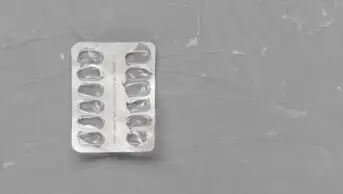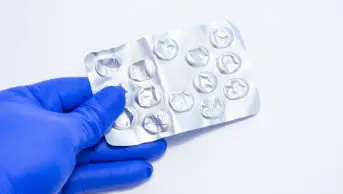
Alamy Stock Photo
GP representatives have voted in favour of giving pharmacists the ability to identify appropriate and available alternatives to medicines that are in short supply.
The vote at the English Local Medical Committee (LMC) conference means the British Medical Association’s (BMA) GP committee will now adopt this as policy and will consider how the law could be changed to allow this to happen.
This means the committee will support allowing pharmacists to dispense equivalent doses of medicine when the prescribed dose is unavailable, despite previous comments from the BMA that this practice was inappropriate.
The motion, put forward by Shropshire and Telford LMC, calls on the BMA’s GP committee to “[explore] changes, including legislation, to make pharmacists responsible for identifying appropriate and available alternatives” to medicines in short supply.
The motion adds that the GP committee can mitigate the impact of shortages by “urgently entering into discussions with relevant bodies to enable pharmacists, when medications are not available, to dispense an equivalent preparation or dosing regime without the need to return the prescription to the GP for amendment”.
Ray McMurray, a representative from the LMC, told the conference that although serious shortage protocols (SSPs) already give community pharmacists power to do this, the protocols are “very limited and very restricted,” adding that “with worsening shortages the criteria should be relaxed and the list extended”.
“I do agree that there are certainly some medications that probably should go back to the GP [for approval],” he continued.
“But, overall, pharmacists are experts in their field. They’ve got a lot of knowledge in medication and from that point of view; if they could do the majority of these swaps instead of sending them back… it would save us time.”
SSPs currently enable pharmacists to dispense a reduced quantity; a therapeutic equivalent; a generic equivalent; or an alternative dosage form of a medicine in short supply, depending on the individual protocol issued by the government.
Andrew Green, GP committee clinical and prescribing lead at the BMA, said in January 2019 that although SSPs will “minimise disruption to patients, GPs and pharmacists in the event of a serious shortage”, the BMA “[does] not believe that it is appropriate for pharmacists to change patients from one drug to a different one without authorisation from an independent prescriber”.
Despite this, the vote in favour of the motion will see it introduced into BMA policy.


